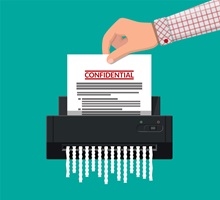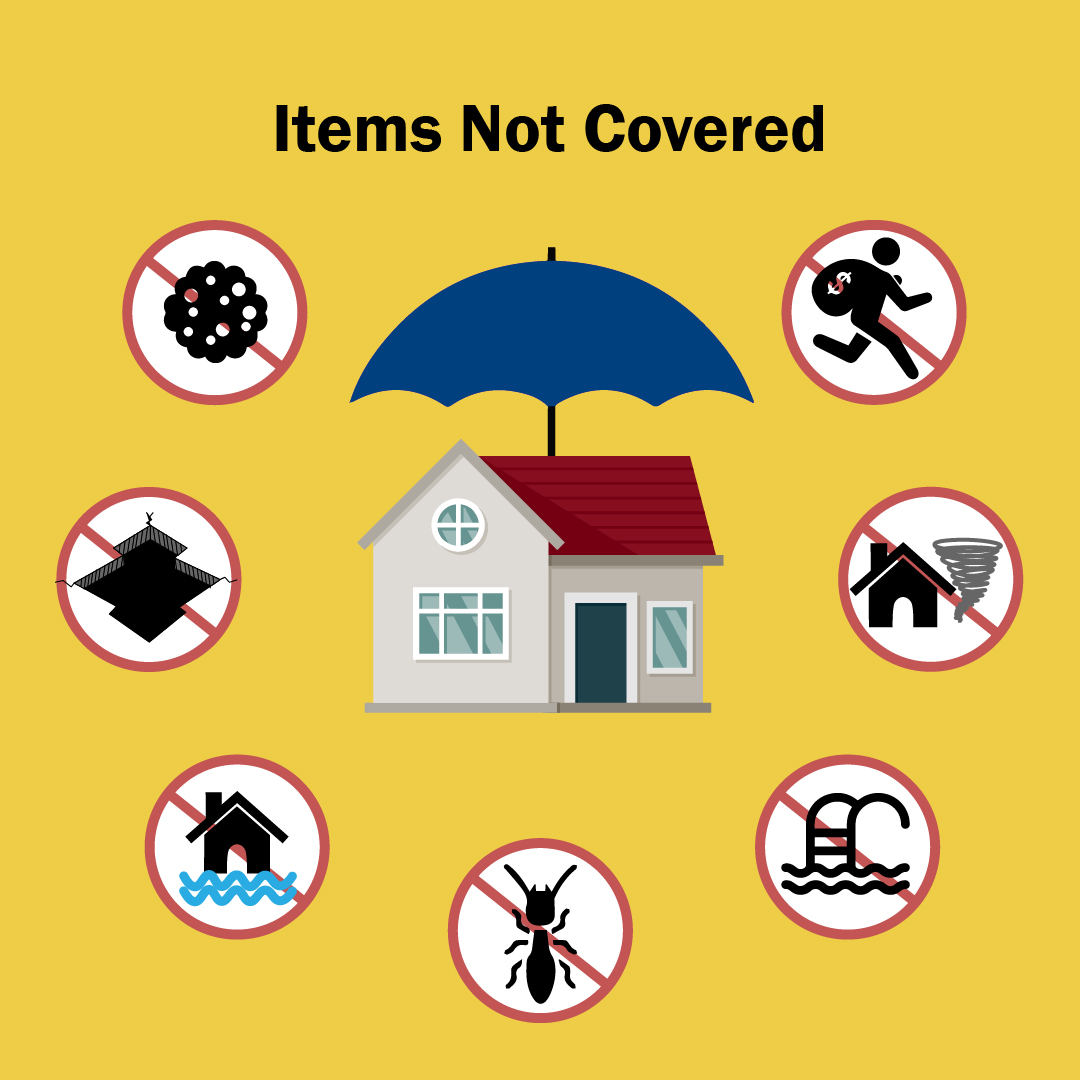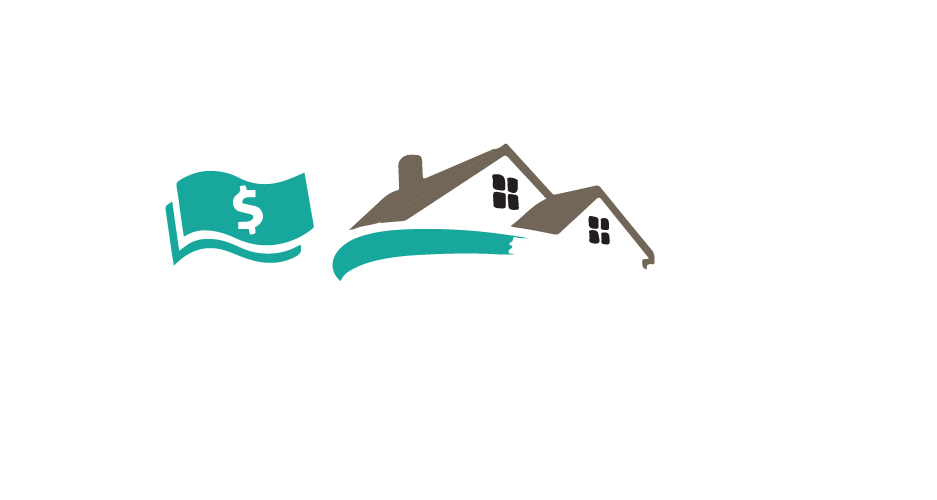First Time Landlords
First Time Landlords
An investment property can be a great way to develop your net worth. Becoming a landlord brings a lot of responsibility. Whether you are already on the landlord journey or thinking of becoming one, we have some pro–tips to get you started.
Get Organized
Whether you track digitally or use a good old-fashioned 3 ring binder, it can quickly become overwhelming to keep track of things such as contractors, resources, tenants, receipts and miscellaneous to-do tasks. Also, don’t forget about tracking income and expenses! You might even want to keep a paper calendar to map out all of your different appointments, especially if you are working with a partner on your joint investment property. If you’re improving the property, don’t forget to take some before and after pictures. Looking back to where you started can be a fun walk down memory lane.
Know your Resources (and the Law)
Being a landlord can be tricky. You want to be fair to your tenants while protecting your investment. You can join a local landlord association have access to resources and presentations by subject matter experts on legal advice and current trends. Additionally, the Oregon Rental Association forms store is a great resource for template applications, leases and dozens of other agreements.
Helpful organizations such as the Consumer Financial Protection Bureau (CFPB) provide a wide variety of information to homeowners, landlords and tenants. From non-refundable deposits, eviction policies and discrimination, the law is ever-changing so make sure to stay on top of the current policies.
Finding and Screening Applicants
DIY – If you go this route, make sure to tap into the resources mentioned above. Look for job stability, income and length of housing trends. Review their credit report for late payments, credit capacity and collection notes. Also note their Debt to Income Ratio (DTI) and make sure the net household income is three times the amount of rent. TransUnion SmartMove is a great online tool where applicants can pay a small fee and have their information directly sent to you. This includes a full credit report, national eviction search, national criminal background check and a credit-based resident score. Other top rated resources with tools and forms are Zillow Rental Manager and Rentec Direct.
- DIY Pros: You can start your tenant search by networking with friends, family and colleagues. You can also connect with large employers in your area, such as major hospitals, to see if their recruiting department helps their new staff with housing.
- DIY Cons: The screening process can be time-consuming and even emotional. You’ll also need to make sure you’re aware of all screening laws and requirements.
- Pro-Tip: Don’t put all of your eggs in one basket when it comes to the final point of offering a lease agreement. Tenants fall through so it is best to have 2-3 top candidates completely screened and ready to sign.
Hire it Out – Property management companies can be a great way to streamline the process if you do not mind spending the extra money and want to be a hands-off landlord. Some companies provide ala carte services (such as only screening and placing), while others offer full-service monthly rental management (from screening, repairs, rent collection, turn-over, etc.).
- Pros: Most companies have people lined up and ready to be placed. You can sit back, relax, and wait for the phone call regarding a placement being made. If you choose to use a full-service property management company, they can handle everything from rent collection to maintenance and repairs for you - which can be a bonus if you do not have the time or live out of town.
- Cons: You do pay for the service, so it can eat into your bottom line. Maintenance and repairs are paid for by you, outside of the monthly fee.
Beware of Scammers
- People may post as legitimate tenants and offer you funds sight unseen. This may happen from real people seeking real housing, but be extra diligent to ensure you are not the one being scammed.
- People may steal your ad from another online listing and put it on Craigslist for others to be scammed.
Insurance
- Landlord Policy: Landlord policies can be expensive. Check with your current coverage and shop around to find the best fit. Look into an umbrella policy in order to protect yourself and belongings.
- Tenant Policy: Landlord policies do not cover tenant possessions. Tenants should have their own rental policy. It is important to note this in the lease and ask for proof upon dwelling possession.
Banking
- Keeping your business separate from your personal life is necessary, especially when it comes to your finances. Having a separate “Rental” checking account is advised. To ensure the funds are available for move-out security refunds, put the tenant’s security deposit in a separate savings account. Your tenants can direct deposit monthly rent, you may utilize it for maintenance and repairs, and other unforeseen expenses.
Have an Emergency Fund
- Rental properties can come with many surprises not only during tenant possession, but after the lease is up. Plan for new paint and professional carpet cleaning between tenants, landscape refresh and some deep cleaning. Plan for those unexpected expenses such as new floors, appliance repairs, heating and cooling system maintenance and more.
Are you ready to be a landlord?
From managing your rental property business, finding and screening tenants, and collecting rent, every step along the way matters. Having an investment property is one great way to diversify your retirement portfolio as you plan for the long term.
We love to hear from our members. If this article resonated with you or if you have future ideas for articles, please share with us!








